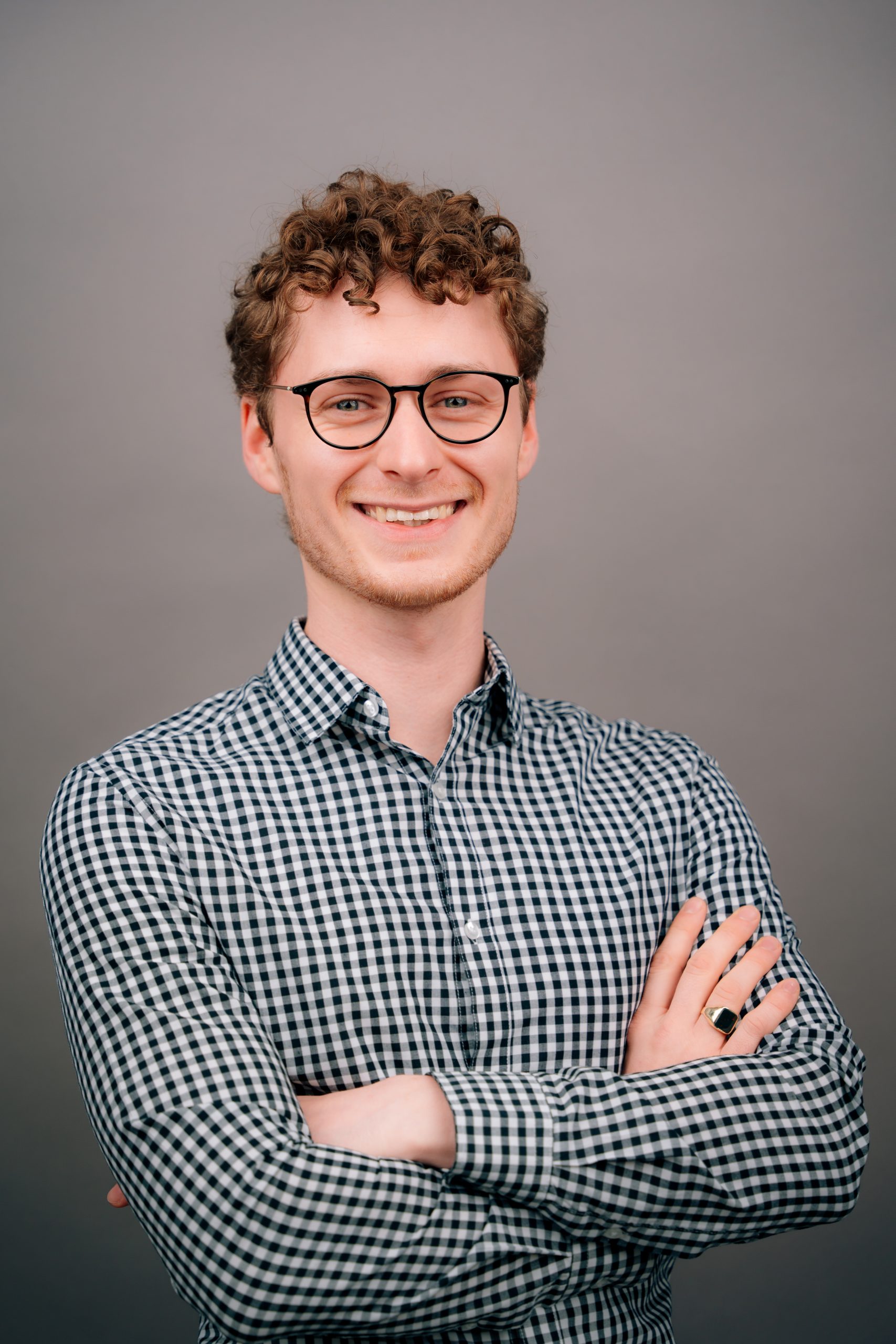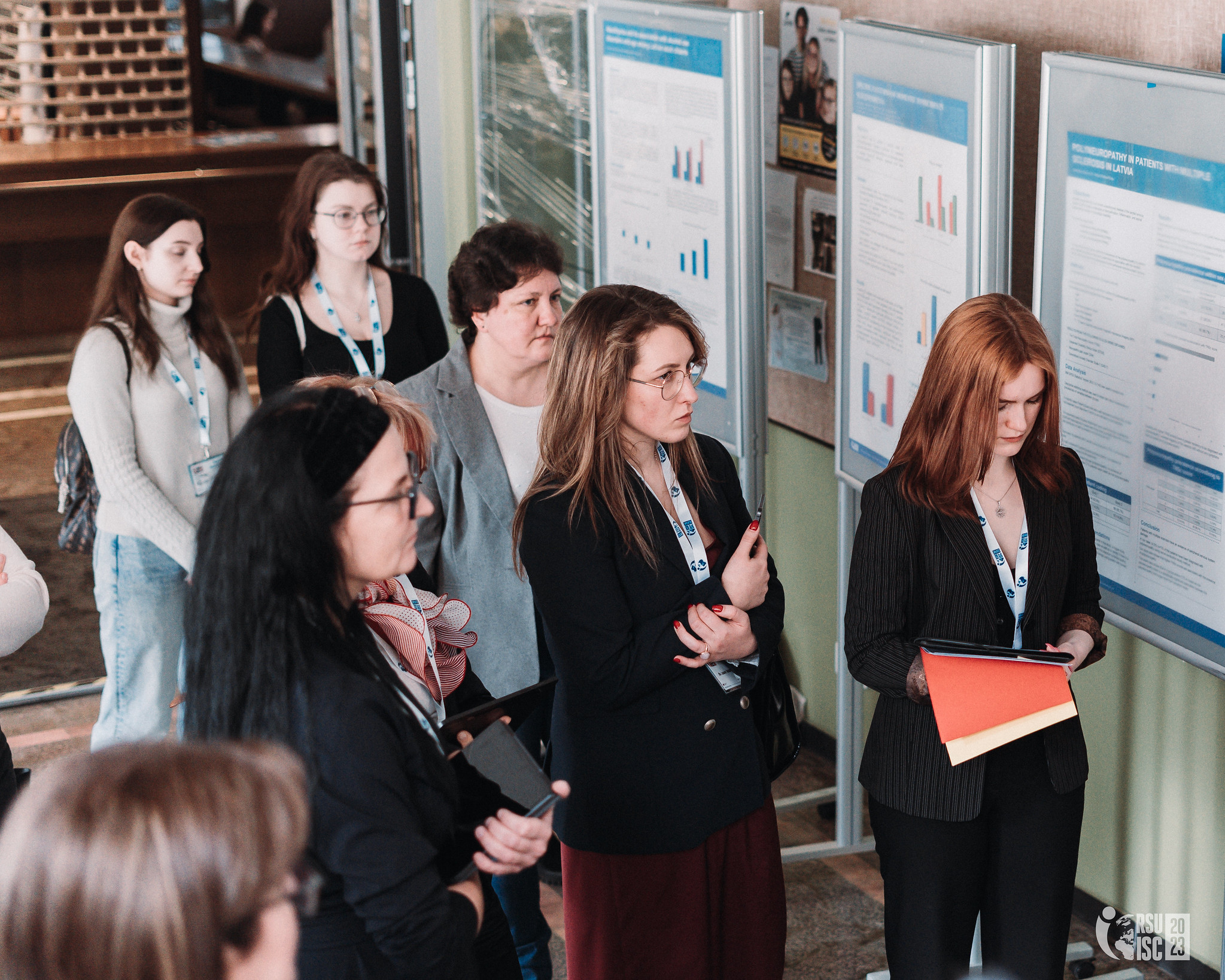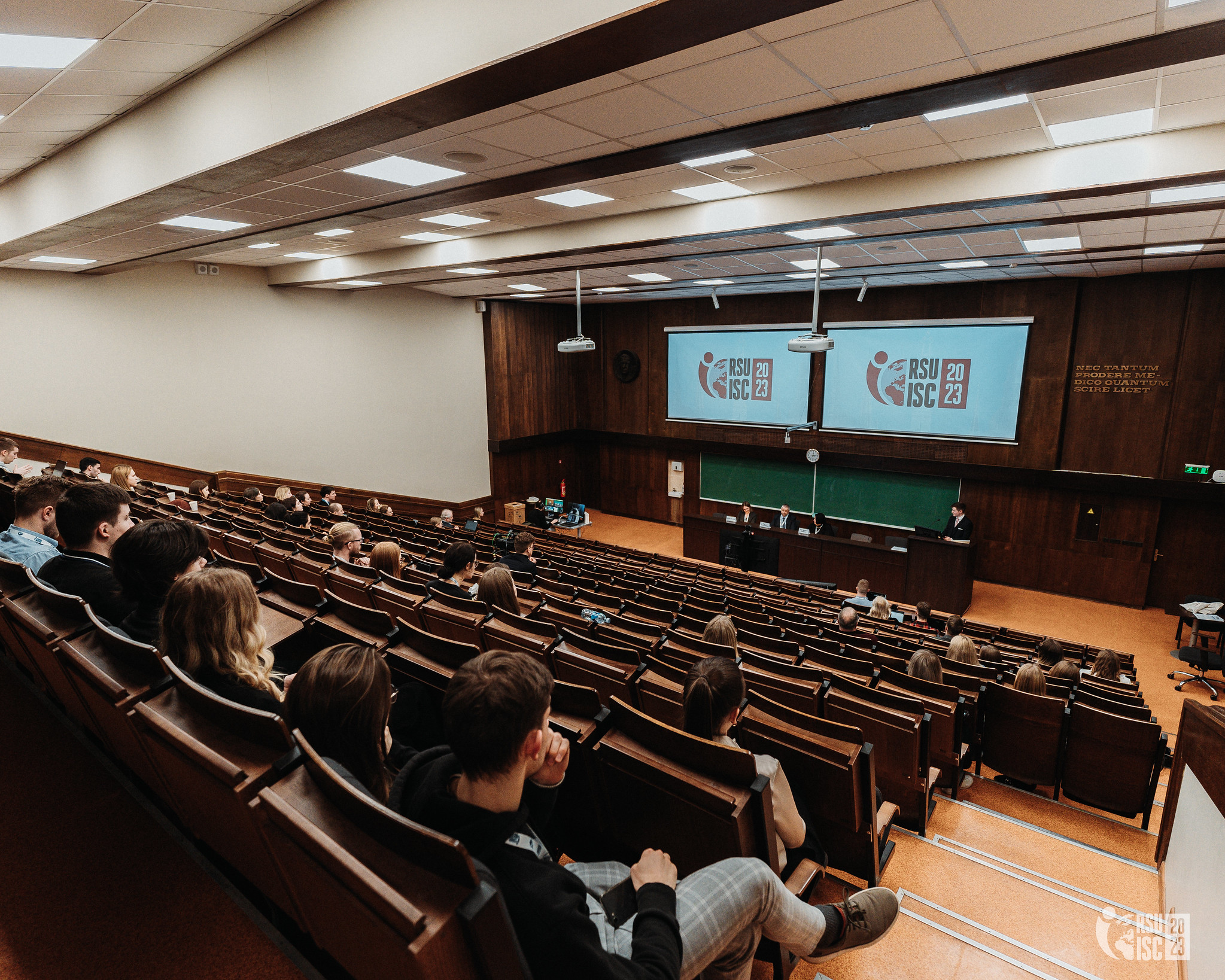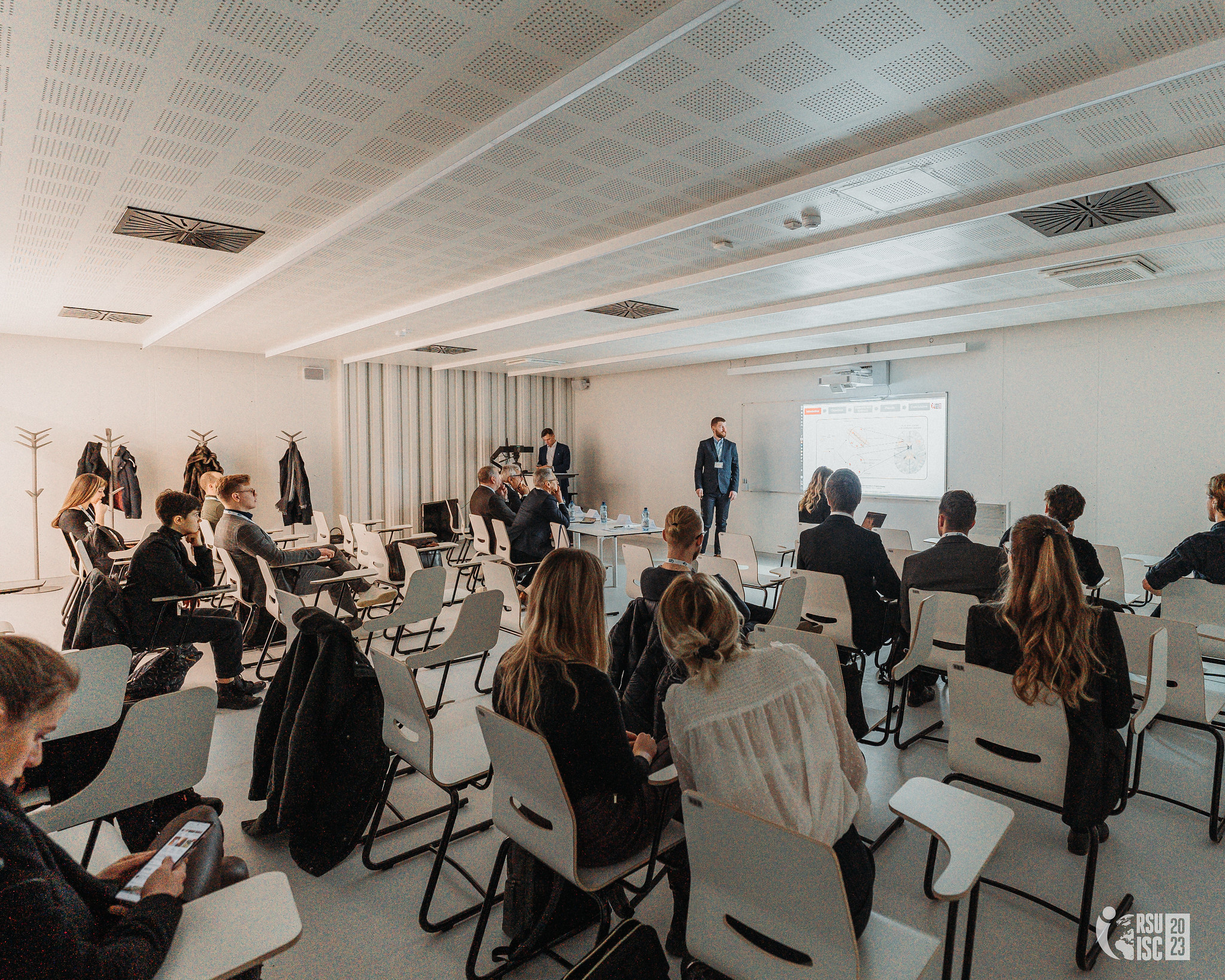Lucas Risters: Participate in ISC 2024 and think beyond your degree
Lucas Risters is the former President of the Rīga Stradiņš University (RSU) International Student Association (ISA), and currently one of two international jury coordinators on the organising committee of the International Student Conference (ISC) that will take place on 21-22 March this year.
What made you want to join the ISC2024 organising committee?
I joined primarily because research is a big topic for me now that I’m in my fifth year of medical studies. We need to start working on our thesis, so I thought it would be a great opportunity to get involved, even though I have been attending for a few years now. I finally had the time to get involved to the degree that I wanted to given I'm not the ISA President of the anymore. I also want to foster connections beyond RSU for future research opportunities, although with an eye on my thesis.
I wanted to have the opportunity to listen more closely to all the different research projects that other students are doing to find a bit of inspiration and see what's currently going on in the research community.

What research topics are you considering for your thesis?
I'm planning to do mine in the field of radiology.
 ISC 2023. Photo credit: Valters Kārklis and Helēna Apele
ISC 2023. Photo credit: Valters Kārklis and Helēna Apele
 ISC 2023. Photo credit: Valters Kārklis and Helēna Apele
ISC 2023. Photo credit: Valters Kārklis and Helēna Apele
Describe the work you are doing.
Barbara Silva [the current RSU ISA President – Ed.] and I are both the international jury coordinators for the conference. We basically split the different fields of medicine equally between us and keep a running list of heads of departments, professors, associated professors, doctors, and researchers from various countries. When we invite someone, we take into consideration whether or not they can participate on site or only remotely.
Our focus right now is to get as many people from as many different countries and cultural backgrounds involved. We are currently in touch with experts from Denmark, Egypt, Estonia, Germany, Greece, Italy, Lithuania, Poland, Portugal, Sri Lanka, Sweden, the UK, the US, to name a few.
What are you hoping to gain from your involvement with ISC?
Making new contacts is the main benefit. We form a relationship with the jury members we are in touch with as we coordinate their participation. We help them with the organisational part, but they are usually interested in us in return, like what we’re studying and so on.
Being involved with ISC is a way to think beyond your degree.
I think the most exciting thing for me personally will be to meet the various jury members when they get to Riga and we can meet face to face. It will be a great opportunity to expand my horizons on different topics through deeper discussions with them what they are currently working on. I also look forward to hearing different opinions on certain topics that are informed by a variety of backgrounds, upbringings, and cultures.

ISC 2023. Photo credit: Valters Kārklis and Helēna Apele

ISC 2023. Photo credit: Valters Kārklis and Helēna Apele
How can students benefit from participating in the conference?
It's a great opportunity for international students especially to get in touch with professionals from their home countries. The conference can give them a starting point for conversations, so that when reaching out to someone, they don't have to write an e-mail out of the blue. It's a way to foster professional connections if someone wants to continue their studies, do a PhD, or go into research in medicine, dentistry, or any other international field.
What preconceptions did you have about research?
When I started my studies, I had an idea that I would do anything but research! After getting involved in ISC and the further along I got in studies, I realised that research isn't so bad after all. There are a lot of interesting fields that desperately need new data.
It struck me as too dry and academic. There was stereotype that you just sit in a lab, write protocols, and do experiments on the side.
I also always thought that there is little to no human interaction in research, but if you look at the research community that is out there, there is actually a great amount of communication going on between different professionals and researchers.
I think the amount of communication is very beneficial, specifically in the field of research, because the more information you have that comes from different cultural backgrounds and individual experiences, the better you can perceive what is actually happening in your chosen field.
This is especially important in the healthcare sector, because we live in such an international, interconnected world.
Further information
Upcoming dates
14 January: Deadline for abstract submission
21 & 22 March: Conference dates
Related news
 RSU adopts amendments to its Code of Ethics to uphold professional ethics requirementsFor Students, For RSU Employees
RSU adopts amendments to its Code of Ethics to uphold professional ethics requirementsFor Students, For RSU Employees


